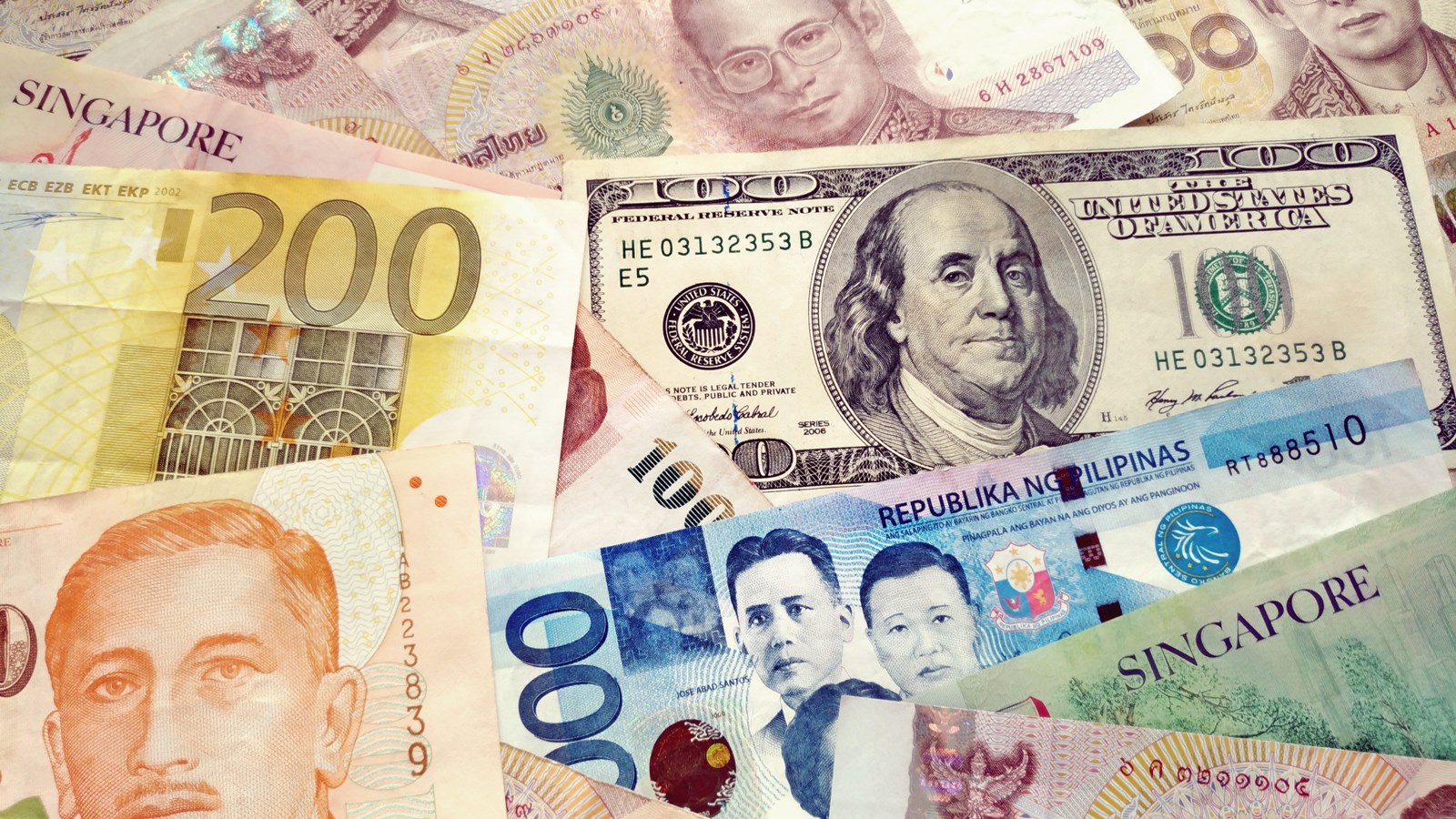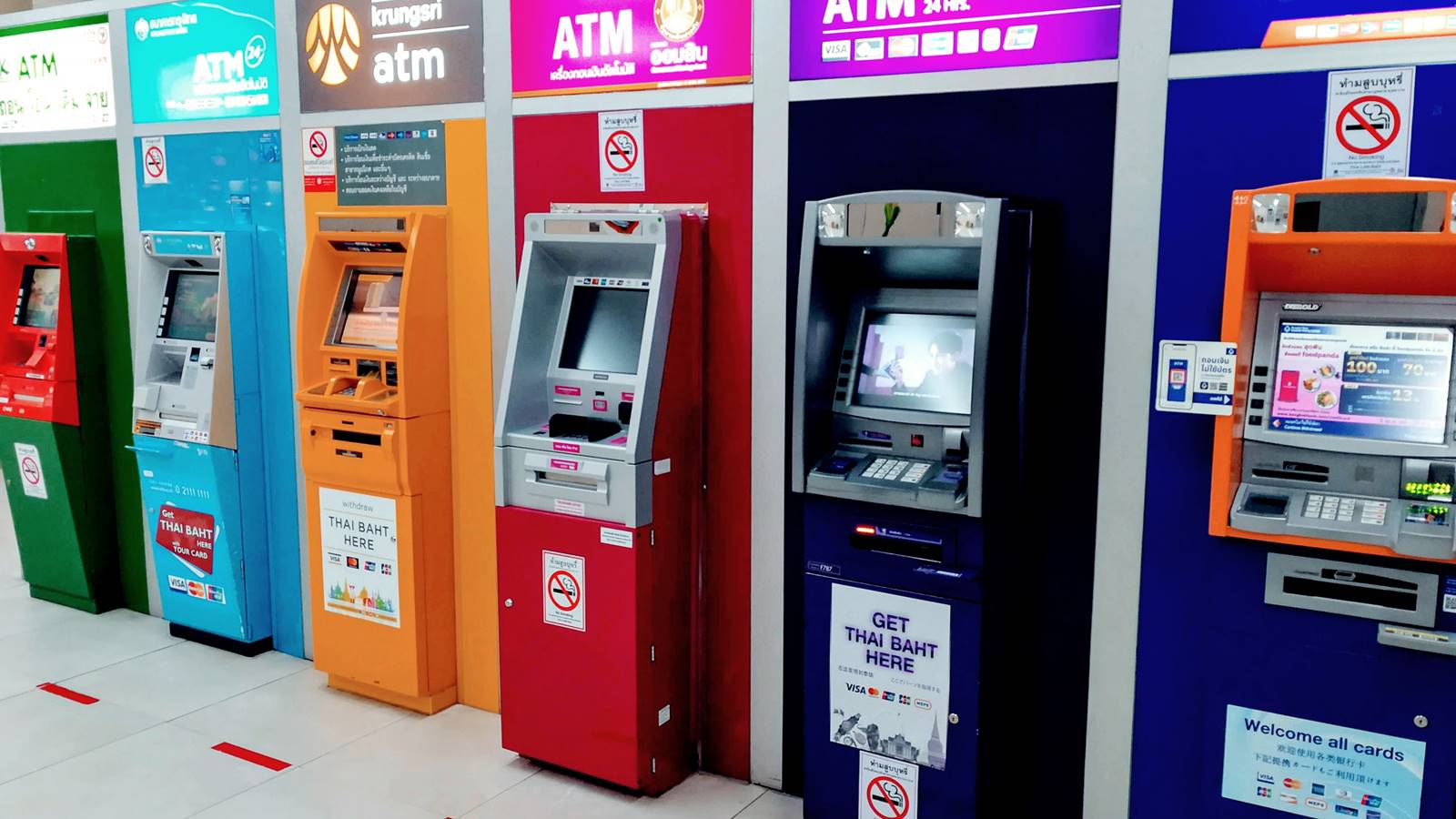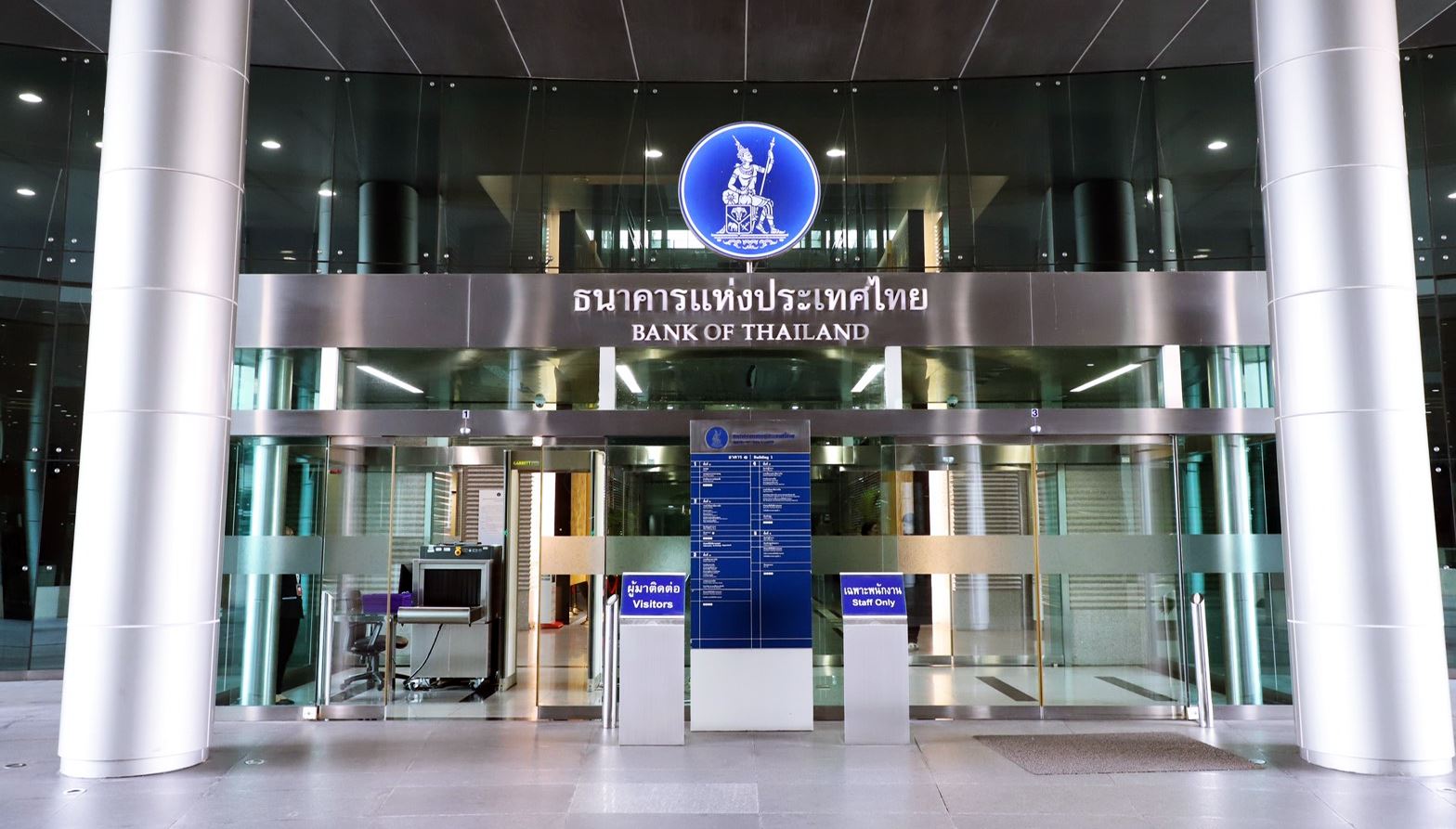Thailand’s household debt has reached 90% of its GDP, posing a challenge for the central bank. The country’s political transition and uncertainty over the formation of a new government may further hinder efforts to address the issue.
Key Takeaways
- Thailand’s household debt has reached 90% of its GDP, posing a major challenge for the country’s central bank.
- The uncertain political transition and potential formation of a new government have left the financial industry and market watchers bracing for policy paralysis.
- Addressing the escalating debt problem in both the public and household sectors requires careful fiscal management, including potential tax increases and securing new sources of revenue.
Financial Education and Awareness
According to NNT government news agency, the Ministry of Finance requires that the implementation of debt restructuring procedures become a performance indicator for state financial institutions.
Promoting financial literacy and educating households about responsible borrowing, budgeting, and saving can also help individuals make informed decisions and manage their debt effectively.
The ministry is hosting a debt mediation event in which financial institutions work together to modify the debt of people who are having repayment problems, in addition to promoting financial literacy regarding borrowing, finances, and debt management. Thus far, some 413,000 people have enrolled in debt restructuring programmes.
Regulatory Measures
The government can introduce regulations to monitor and control lending practices, ensuring that financial institutions follow responsible lending guidelines and discourage predatory lending. This can include setting limits on interest rates, fees, and promoting transparency in loan terms and conditions.
The FPO, the Bank of Thailand, and related agencies also collaborated to draft a royal decree governing auto hire-purchase and the leasing of cars and motorcycles to protect consumers and reduce household debt risks. The decree establishes an effective interest rate ceiling for hire-purchase deals, capping rates at 10% for new cars, 15% for used cars, and 23% for motorcycles.
Debt Restructuring and Counseling
Establishing debt restructuring programs and offering debt counseling services can assist individuals who are struggling with debt. These programs can provide options such as debt consolidation, repayment plans, or negotiations with creditors to ease the burden on borrowers.
Thailand’s household debt has reached 90% of its GDP, posing a challenge for the central bank. The country’s political transition and uncertainty over the formation of a new government may further hinder efforts to address the issue.
The central bank has also set a goal of reducing Thai household debt to less than 80% of GDP to reduce financial and economic risks. As of the fourth quarter of last year, household debt stood at 15.1 trillion baht, accounting for 86.9% of GDP.
Strengthening Consumer Protection
Enhancing consumer protection laws and enforcement mechanisms can safeguard borrowers from unfair practices, deceptive advertising, and abusive collection tactics. This can help create a more equitable lending environment and empower consumers to make informed financial decisions.
By addressing the root causes of household debt and providing support mechanisms, it is possible to tame Thai household debt and promote financial well-being.







